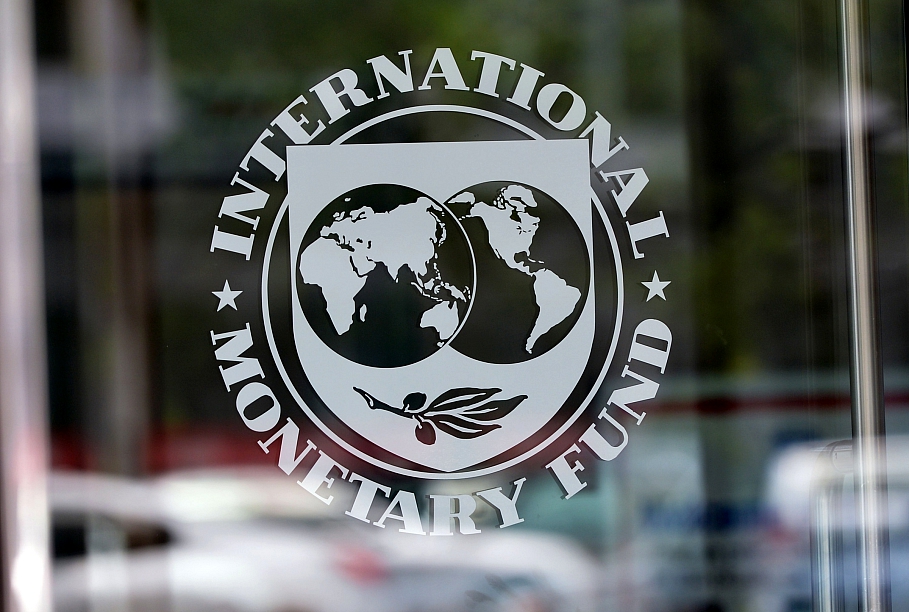"Unemployment continues its downward path, the current account has strengthened, and credit growth is picking up. Nevertheless, weak investment, geopolitical tensions, and low external demand have dampened growth this year," the international lender said at the conclusion of its most recent official staff visit December 9.
"Growth is expected to accelerate in 2017. While weaknesses could persist, the gradual resumption of EU-funds, improving bank credit, and strengthening external conditions should help the economy accelerate in the coming year. Consequently, after reaching just around 1¼ percent in 2016, growth is expected to pick up to some 3 percent in 2017," the IMF said.
"The medium-term outlook is favorable, but it is not immune to risks. Specifically, weaker growth in the euro area and emerging economies would undermine growth prospects, as could protracted uncertainty associated with post-Brexit arrangements. In such an environment, continued vigilance, adequate buffers, and prudent policy making are essential," it recommended.
The financial system is stable and the IMF praised "the continued strengthening of Anti-Money Laundering regulations, along with their implementation."
"Ongoing vigilance" is required as far as the non-resident deposit banks (NRDs) are concerned, it added.
"In light of the loss of correspondent banking relationships for a number of NRD banks, ongoing vigilance is needed. NRD outflows, as well as any potential long-term implications for the financial sector, should be monitored closely."
There was also praise for the 2017 budget which was described as "broadly appropriate and well balanced."
"Measures to support education and health reforms are welcome, but ongoing efforts to improve tax compliance and shrink the shadow economy are needed. Furthermore, the authorities should focus on developing a strategic plan to bring tax revenue up to the Government’s target of one third of GDP by 2020, reduce income inequality, and promote work incentives," the IMF advised.
The government should press ahead with reforms in education, health, the legal system, promoting credit, and addressing the shadow economy, it concluded.





























